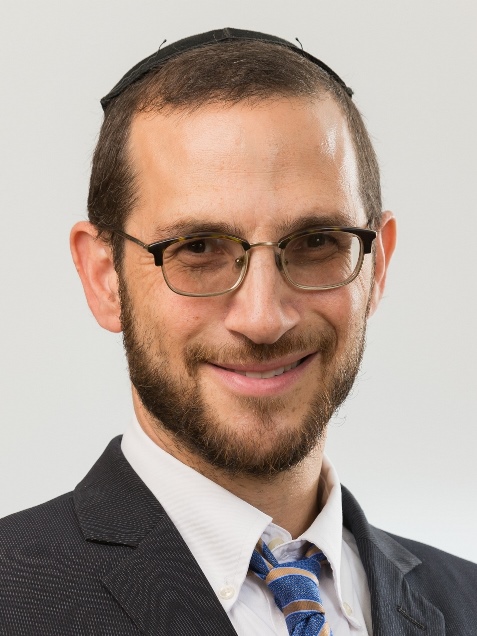Time Awareness of the Jew
הרב שלום רוזנר
The מדרש (ויקרא רבה ל:יא) tells us that the four species which we shake on sukkot are parallel to four different parts of our body. The lulav is the spine, the etrog is the heart, the hadasim are our eyes, and the aravot are our lips. The question is that three out of four represent a perfect parallel. One etrog and one lulav paralleling one heart and one spine. 2 aravot also fit with two lips. What is perplexing, though, is 3 hadasim and only two eyes! What is the deeper idea behind the midrash?
Rav Dov Weinberger (Shemen Hatov Vol. 2) suggests that each of us must always have a triple-time awareness. We live in the present, but with an eye on where we are going, while basing it on where we have come from. עקביא בן מהללאל tells us דע מאין באת, where have you come from, ולאן אתה הולך, where are you presently going, ולפני מי אתה עתיד ליתן דין וחשבון, and where will you stand in judgement at the end of days. Past, present, and future. These are the three eyes of every Jew. Rav Hutner adds that maybe this is a deeper idea behind what חז"ל teach us (Berachot 16b) אין קורין לאבות אלא שלשה. The 3 אבות represent our 3 outlooks. יצחק אבינו was the first born Jew, with his ברית מילה on day 8- a perfect beginning, representing the past. יעקב אבינו was מטתו שלמה, the first father with righteous children, representing the future. Lastly, אברהם אבינו, spending his life spreading monotheism and knowledge of God, represents the present. Thus, to fully capitalize on all of our tremendous potential, we need to constantly remember the symbol of our 3 הדסים.
One additional and crucial element. Rav Zevin notes that every single item in the universe has some type of life span. Be it people, animals, trees, and even inanimate objects, all exist for a certain amount of time. It could be 10 years, 120 years, or even 10,000 year. But each has a time span of existence- except for one item, which has no time- and that is time itself! Before we realize it, each moment in the present becomes the past. It’s gone, never to return. And yet, ironically, the only thing that we can actually eternalize for eternity is time itself! If we fill our present, our days with תורה ומצות, then those days come with us forever. ואברהם זקן בא בימים, He came with all his days.
So yes, we always have our eye towards the future, building on our past. Yet we realize that capitalizing in the present is what will take us to eternity. Chag Sameach.
Reprinted with permission from Torah Tidbits
קוד השיעור: 8945
לשליחת שאלה או הארה בנוגע לשיעור:


.jpg)


.jpg)
